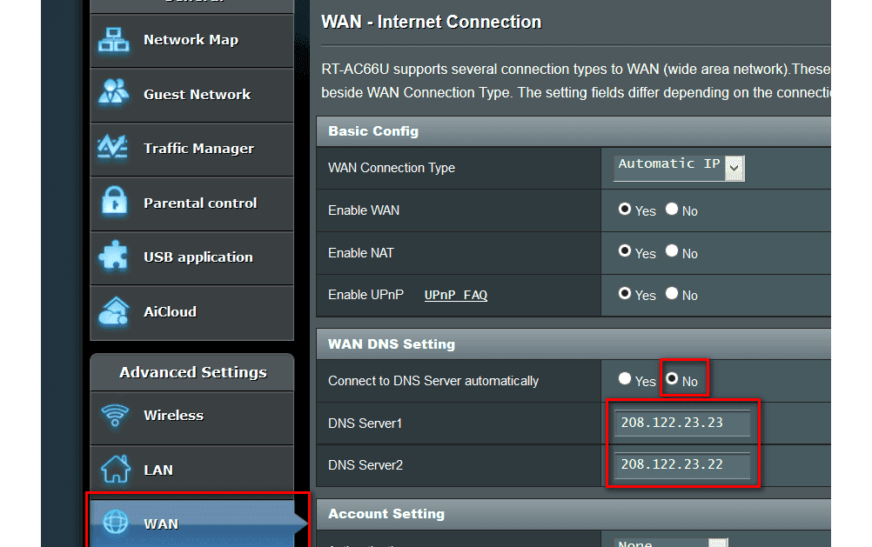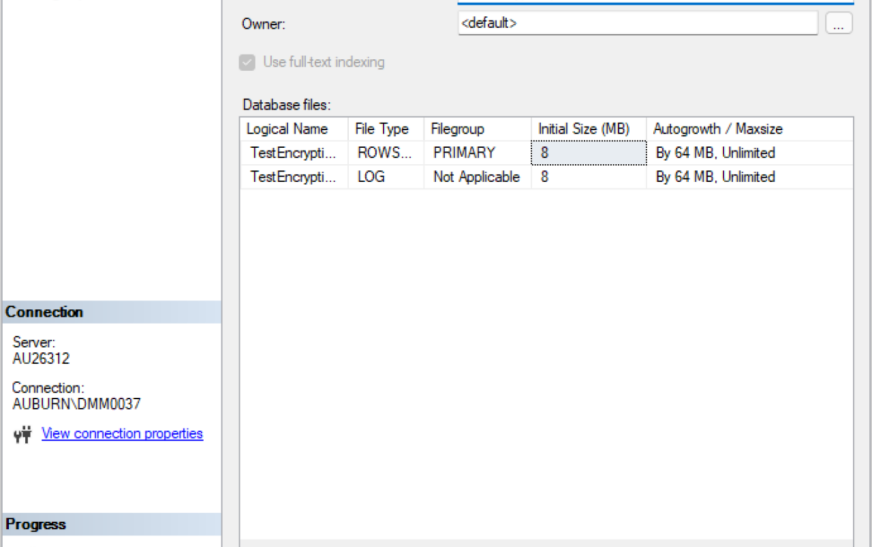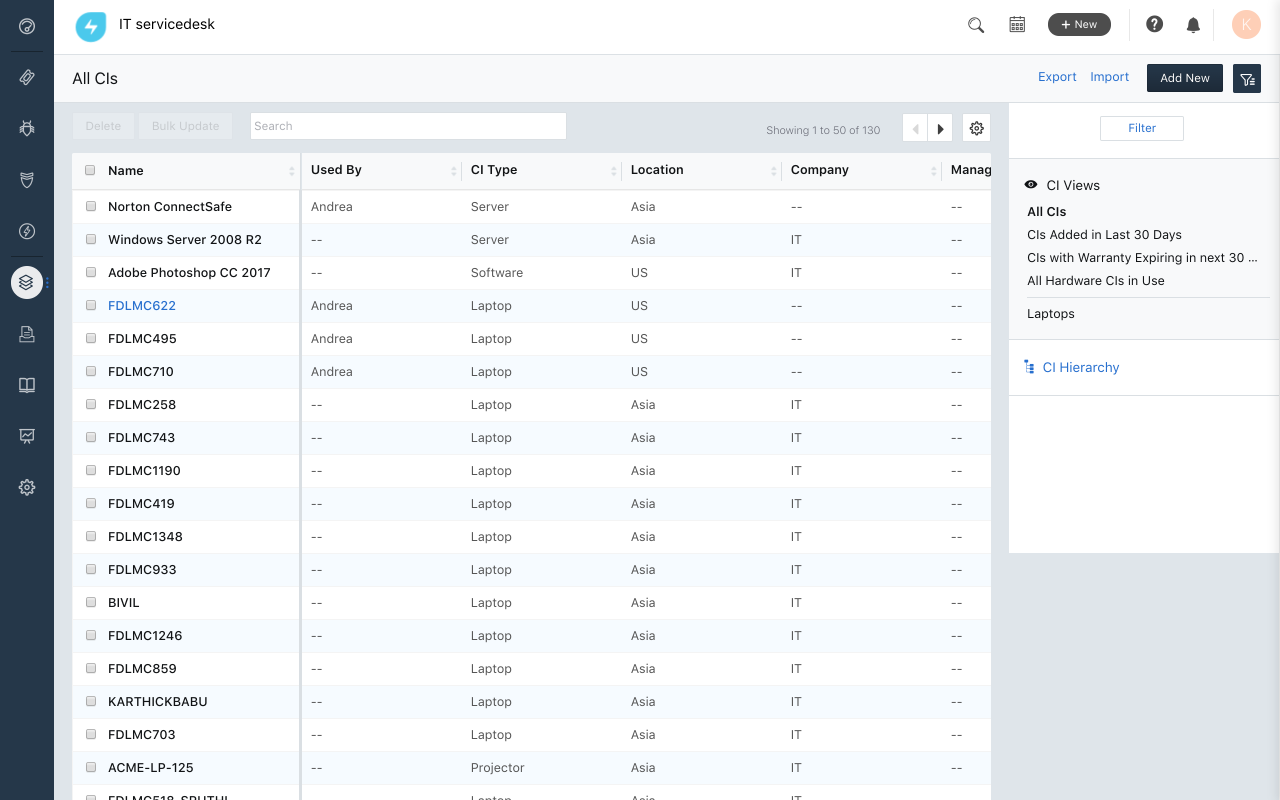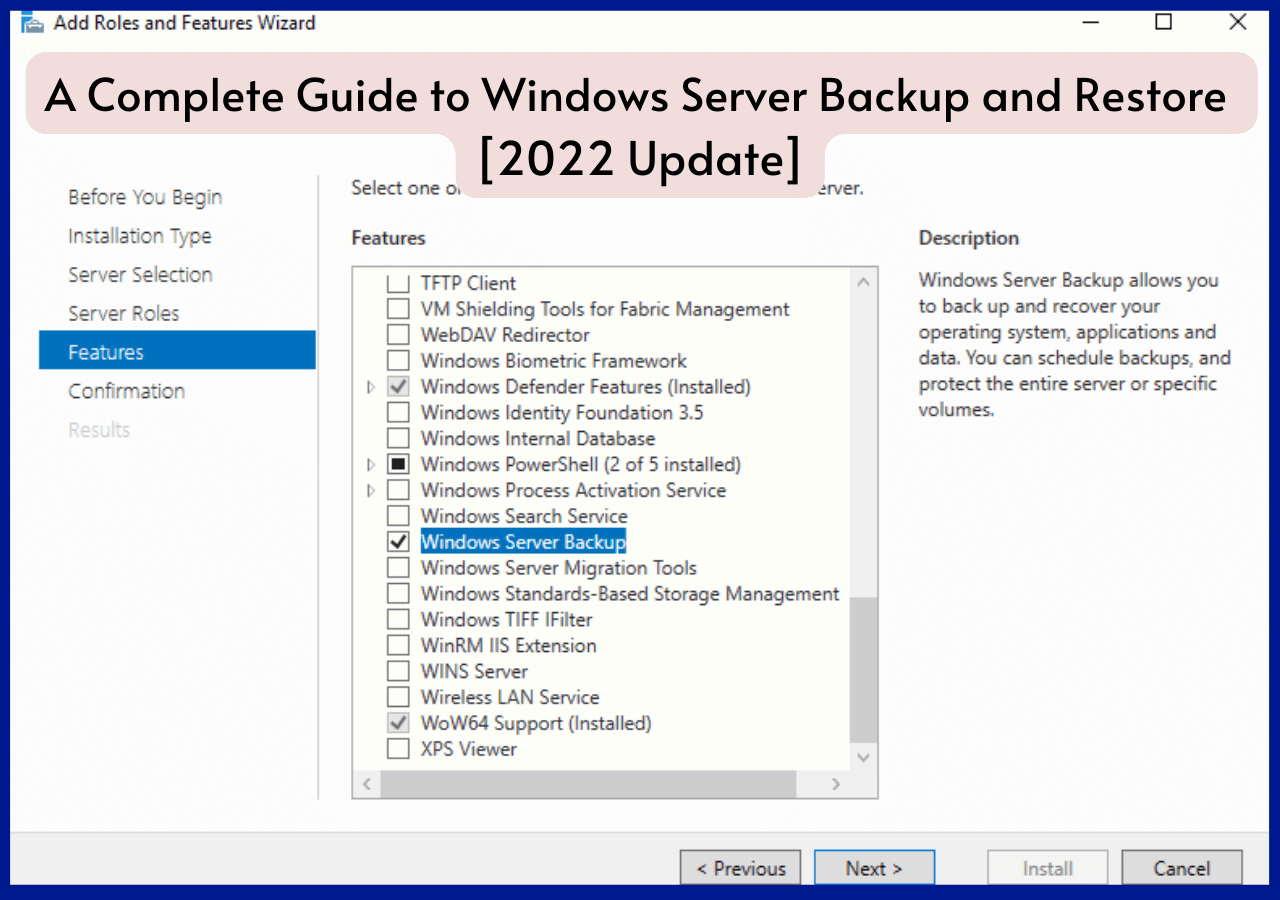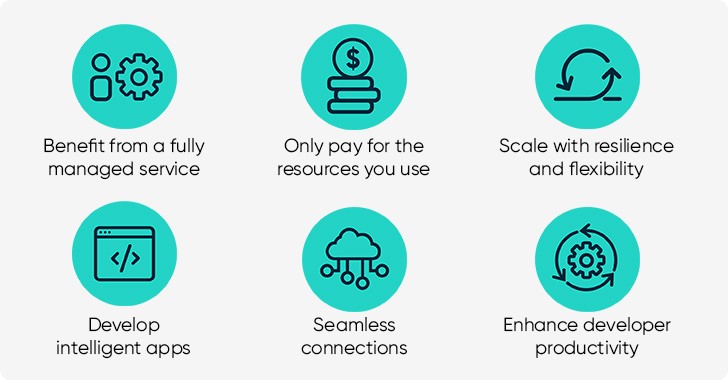As The Benefits of Using Containerized Servers takes center stage, this opening passage beckons readers into a world crafted with good knowledge, ensuring a reading experience that is both absorbing and distinctly original.
Containerized servers have revolutionized modern IT infrastructure with their efficiency and flexibility. In this digital age, businesses are increasingly turning to containerization to streamline operations and enhance performance. Let’s delve into the numerous advantages of using containerized servers.
Introduction to containerized servers
Containerized servers have revolutionized the way IT infrastructure is managed and deployed in modern businesses. These servers are essentially a lightweight, standalone, executable package that includes everything needed to run a piece of software, including the code, runtime, system tools, system libraries, and settings.
Servers play a crucial role in virtualization, enabling businesses to optimize their resources and increase efficiency. To delve deeper into the significance of servers in virtualization, read this detailed explanation on The Role of Servers in Virtualization.
The purpose of containerized servers is to provide a consistent and efficient environment for applications to run across different computing environments.
Containerization, the concept behind containerized servers, offers several benefits over traditional server deployment methods. By encapsulating an application and its dependencies into a container, developers can ensure that the application will run the same regardless of the environment it is deployed in.
Utilizing digital tools is essential in creating effective ad copy. By understanding the target audience and analyzing data, marketers can tailor their messages to resonate with potential customers. For more insights on how to use digital tools to enhance your ad copy, check out this informative article on How to Use Digital Tools to Create Effective Ad Copy.
This eliminates the “it works on my machine” problem and streamlines the development, testing, and deployment process.
The popularity of containerized servers has been on the rise in recent years, driven by the increasing demand for scalable and agile IT solutions. Companies are leveraging containerization technology to optimize resource utilization, improve portability, enhance security, and facilitate continuous integration and delivery practices.
Performance advantages of containerized servers
Containerized servers offer significant performance advantages compared to traditional servers. Let’s explore how containerization enhances scalability, resource utilization, and application performance.
Scalability and Resource Utilization
One of the key benefits of containerized servers is their ability to easily scale resources up or down based on demand. With containers, you can quickly deploy additional instances of an application to handle increased traffic without the need for additional hardware.
This dynamic scalability ensures optimal resource utilization and efficient performance, especially during peak periods.
Improved Application Performance
Containerization can significantly improve application performance by isolating each application within its own container. This isolation prevents conflicts between applications and allows for better resource allocation. Additionally, containers are lightweight and have minimal overhead, resulting in faster deployment times and improved overall performance.
For example, a containerized microservices architecture can enhance application performance by enabling independent scaling of different components based on requirements.
Portability and flexibility of containerized servers
Containerization technology offers a high level of portability and flexibility, making it easier to migrate applications across different environments seamlessly.
Easy Migration Across Environments
- Containers encapsulate all the dependencies and libraries needed for an application to run, allowing it to be moved from one environment to another without compatibility issues.
- With containerized servers, developers can develop and test applications locally and then deploy them in production environments without any modifications.
- This portability reduces the risk of errors and ensures consistency in application behavior across different environments.
Flexibility in Deployment Options
- Containerized servers provide flexibility in deployment options, allowing applications to be deployed on-premises, in the cloud, or in hybrid environments.
- Developers can easily scale applications up or down based on demand by spinning up or tearing down containers as needed.
- This flexibility enables organizations to optimize resource utilization and improve overall efficiency in managing their applications.
Beneficial Use Cases
- Companies with complex microservices architectures benefit from the portability of containerized servers as they can easily move components between different services without disruptions.
- DevOps teams leverage the flexibility of containerization to automate deployment processes and ensure consistent performance across various stages of the development lifecycle.
- In the event of hardware failures or server upgrades, containerized applications can be quickly migrated to new servers without downtime, minimizing operational disruptions.
Security aspects of containerized servers
When it comes to security, containerization offers significant advantages by isolating applications within their own environment. This isolation helps prevent vulnerabilities in one application from affecting others, enhancing overall security.
Best Practices for Securing Containerized Servers, The Benefits of Using Containerized Servers
Implementing best practices is crucial to ensure the security of containerized servers. Some key practices include:
- Regularly updating containers and their dependencies to patch any known vulnerabilities.
- Using secure base images from trusted sources to build containers.
- Implementing network segmentation to restrict communication between containers.
- Enforcing least privilege access control to limit the capabilities of containers.
- Monitoring container activity and setting up alerts for suspicious behavior.
Contribution to Overall System Security
Containerized servers play a vital role in enhancing the overall security of a system. By isolating applications, vulnerabilities are contained within individual containers, reducing the risk of lateral movement in case of a breach. Additionally, the portability and scalability of containers make it easier to apply security updates and policies consistently across the system.
Resource efficiency and cost-effectiveness
Containerized servers are designed to maximize resource efficiency, allowing organizations to make the most out of their hardware and infrastructure compared to traditional servers. By encapsulating applications and their dependencies within lightweight containers, resources are utilized more efficiently, reducing wastage and optimizing performance.In terms of cost-effectiveness, containerized servers offer significant benefits.
Implementing serverless architecture can revolutionize the way companies manage their IT infrastructure. By adopting this innovative approach, organizations can reduce costs and improve scalability. Learn more about how to implement serverless architecture by visiting this insightful guide on How to Implement Serverless Architecture.
Organizations can save on hardware costs as containers can run on existing servers without the need for additional physical machines. This results in lower infrastructure expenses and reduced maintenance overhead. Additionally, since containers are portable and scalable, organizations can easily adjust their resource allocation based on workload demands, further optimizing costs.
Examples of resource efficiency through containerization
- Containers allow for better utilization of server resources by running multiple isolated applications on a single host, eliminating the need for separate virtual machines.
- With container orchestration tools like Kubernetes, organizations can automatically scale resources up or down based on demand, ensuring efficient resource allocation at all times.
- Containers enable faster deployment and application updates, reducing downtime and maximizing resource utilization for improved performance.
Automation and DevOps Integration: The Benefits Of Using Containerized Servers
Containerized servers play a crucial role in streamlining automation processes and integrating with DevOps practices. By leveraging containerization technology, organizations can achieve greater efficiency and agility in their development and deployment workflows.
Streamlined Automation Processes
Containerized servers simplify the automation of various tasks, such as software deployment, scaling, and orchestration. With containers, developers can package their applications along with all dependencies into a single unit that can be easily deployed across different environments. This eliminates the need for manual intervention and reduces the risk of errors during the deployment process.
Integration with DevOps Practices
Containerization aligns perfectly with DevOps principles by promoting collaboration, automation, and continuous delivery. DevOps teams can use containerized servers to create consistent development, testing, and production environments, ensuring seamless integration throughout the software development lifecycle. This integration accelerates the feedback loop, enhances communication between teams, and fosters a culture of continuous improvement.
Facilitation of Continuous Integration and Deployment
Containerized servers enable organizations to implement continuous integration and deployment (CI/CD) pipelines with ease. By packaging applications in containers, developers can automate the testing, building, and deployment processes, leading to faster release cycles and higher software quality. With containerization, teams can deploy updates more frequently, respond to customer feedback promptly, and deliver value to end-users at a rapid pace.
In conclusion, the Benefits of Using Containerized Servers offer a myriad of advantages that businesses can leverage to stay ahead in today’s competitive landscape. From enhanced performance to cost-effectiveness and security, containerization proves to be a game-changer in the realm of IT infrastructure.
Embracing containerized servers is not just a trend but a strategic move towards a more efficient and agile operational environment.





